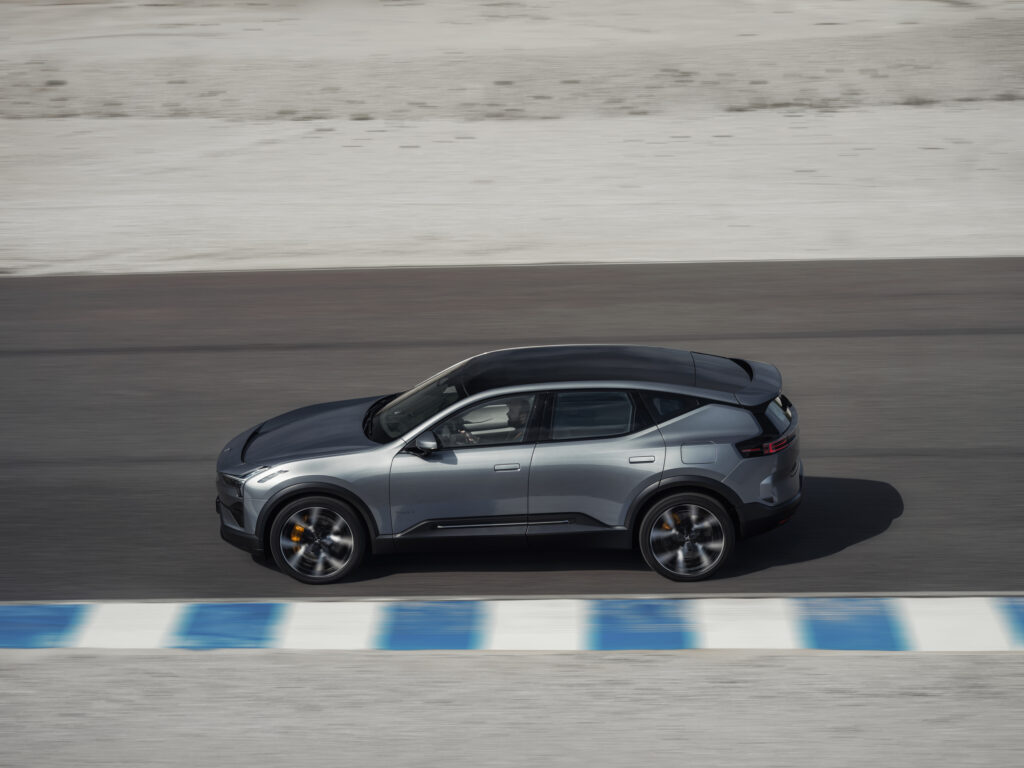Yale Economists Quantify Exactly How Many Sales Musk’s Politics Cost Tesla

- Yale economists say Musk’s politics have significantly hurt Tesla sales.
- Study blames the sharp sales drop on the so-called “Musk partisan effect.”
- Tesla shareholders vote in November on Musk’s $1 trillion pay package.
Once hailed as a maverick genius we could all get behind, Tesla CEO Elon Musk has earned plenty of haters over the last few years as a result of his controversial political stances and affiliations.
Moreover, a new study has just confirmed what we all suspected all along: that those politics have cost Tesla billions of dollars in lost sales revenue.
How Bad Is the Damage?
Tesla US vehicle sales dropped by between 1 million and 1.26 million between October 2022 and April 2025, according to The National Bureau of Economic Research, a group of economists based at Yale University.
Related: Musk’s Tesla Payday Is So Absurd Even The Pope Had Something To Say
The authors estimate Teslas sales during that period should have been 67-83 percent higher. Some of those disaffected would-be buyers were pushed into the arms of rival carmakers, whose electric and hybrid vehicle sales grew by roughly 17-22 percent as a result, the study claims.
Among the actions that Tesla’s traditionally Democrat-voting customer base found offensive were his donation of $300 million to Republican candidates in the run up to the 2024 presidential election. The move marked a clear political shift that unsettled parts of his core audience.
Further controversy followed when Musk accepted a position with Donald Trump’s newly formed Department of Government Efficiency (DOGE) and voiced support for far-right political parties abroad, including Germany’s AfD.
Together, these choices reshaped his public image and deepened the divide between his business ventures and their once-loyal fan base.

The study suggests Musk’s behavior and its effect on sales negatively impacted California’s work towards achieving net zero emissions, derailing its plans to meet 2026 targets.
A Partial Rebound?
Even so, the researchers note that public sentiment toward the Tesla CEO had improved since Musk shifted his attention away from Donald Trump and back toward technology, namely robotaxis, self-driving cars and its fledgling robot business.
Tesla’s global sales are still projected to fall by about 10 percent this year, but that hasn’t slowed Musk’s ambitions. He’s now pushing for a $1 trillion pay package, which shareholders are set to vote on next month.
If approved, it would be by far the largest compensation deal ever granted to a corporate executive. Tesla chairman Robyn Denholm has written to shareholders warning that Musk could walk away if the cash doesn’t come through.






























